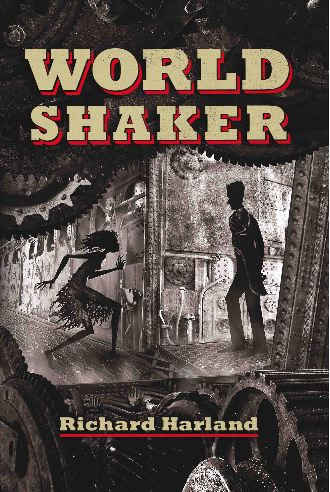|
4. Thinking Inside
| |
ii) FREE INDIRECT DISCOURSE |
Or FID for short. It’s a true academic term, where you’d never guess the meaning from the words alone! There are other terms, but this was the favourite at the time I stopped being a full-time lecturer, twelve years ago. Plus I like the reference to free—that’s important.
Free Indirect Discourse evolved slowly from the late 19th century on, but it was never a conscious experiment. It snuck in under the radar without anyone ever theorised a rationale for it. If anyone had tried to theorise a rationale, they’d have surely concluded that it was completely illogical and unworkable.
Here’s an example from an early chapter of Worldshaker
(Col has just driven the ‘Filthy’ girl, Riff, out of his room) Then he removed his shirt and washed his arms and chest … anywhere he might have touched her, even through the shirt.
It was so unfair. Why him? Why now? Just when everything else was going so right in his life, why did this one thing have to go so wrong?
If only she would go back down Below … But the more he thought about it, the more he doubted it was possible. A way to go down would also be a way for Filthies to climb up. Surely the builders of Worldshaker would have made sure that couldn’t happen?
At least he didn’t see her again that afternoon. He had dancing practice with Mrs Landry, followed by foils practice with Mr Bantling, followed by supervised jigsaw puzzling with Mrs Canabriss …

We recognise that this is Col’s experience and thinking. ‘Why now?’ is now because it’s in his present; ‘this one thing’ is this because it’s immediate to him; the questions are his questioning. Yet Col features in the third person even though, if he were to fully verbalise his experience, he would naturally think of himself in the first person: not ‘Why him?’ but ‘Why me?’; not ‘his life’ but ‘my life’. And in spite of the fact that all these thoughts are present experience for him, they’re given in the past tense—the author’s tense.
It shouldn’t work, but it does. FID is a half-and-half voice, which gives us the sense of sharing someone’s experience without claiming to record directly inside their skull. The proof it works is that you’ll find it everywhere in every novel nowadays, both literary and genre.
|

|





